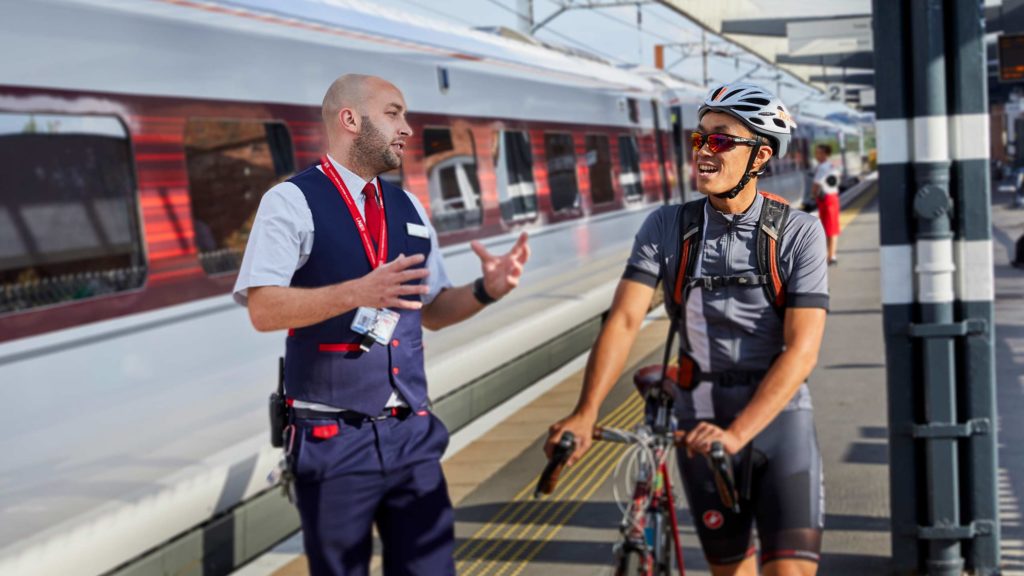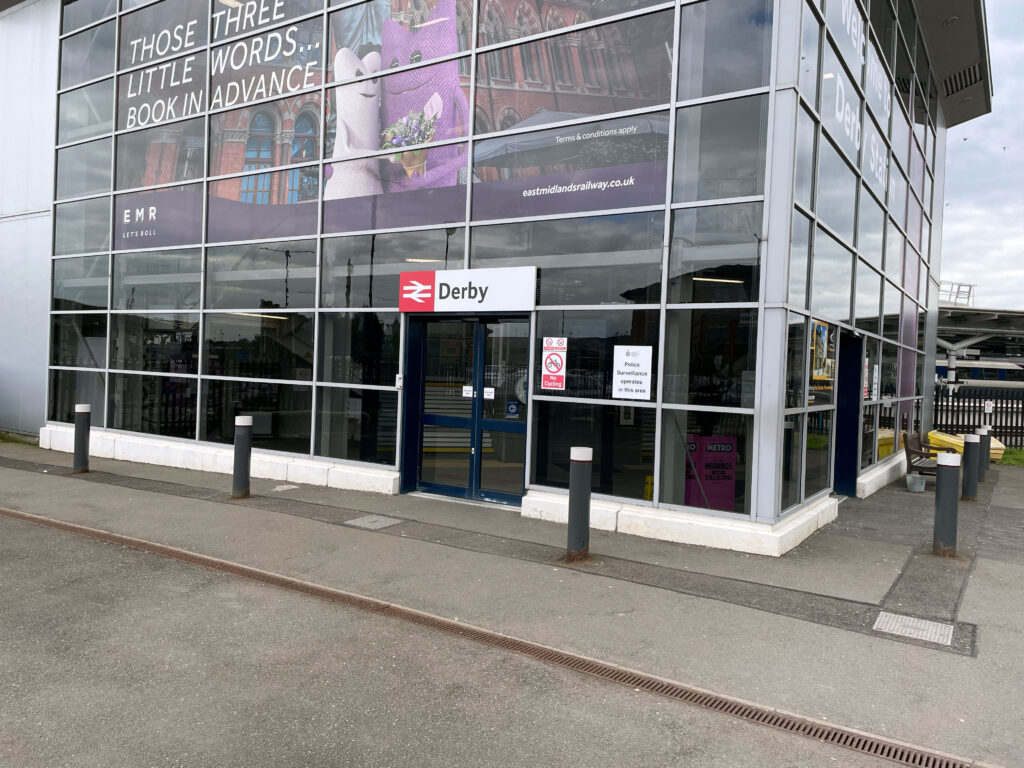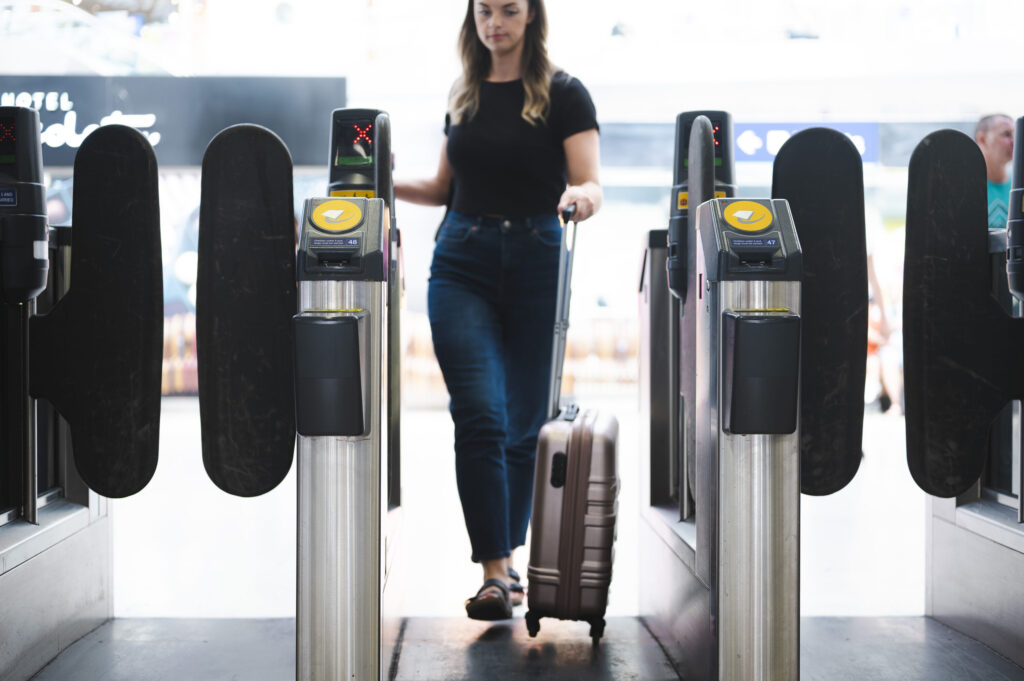Better at supporting local and national ambitions
By creating a single point of accountability and joining up track and train, Great British Railways (GBR) will make it easier for local partners to have greater influence over the railway in their region, to integrate rail with other modes of transport and to ensure it is delivering for passengers.
GBR will balance these local demands with national needs, like those of freight and open access operators.
Bringing the railway closer to the communities it serves

A better railway is one that better responds to the needs of its rail customers and communities.
We have been working with mayoral combined authorities in Greater Manchester, in the West Midlands as well as Liverpool City Region and the newly formed North East combined authority to give local leaders more say over the railway in their region.
This has involved close collaboration with the Department for Transport (DfT), Network Rail, train operating companies and local stakeholders to understand the priorities of communities and how rail can support their ambitions.
A guiding mind led from the heart of England

In 2023, following an extensive competition, it was announced that Derby would be the location for the future headquarters of Great British Railways (GBR).
The role of the headquarters will be to support and enable regional teams across Britain to deliver a single, integrated national network.
Since Derby won the competition, we’ve begun laying down roots in the city, opening a GBRTT office, and holding board and executive meetings there.
We’ve engaged extensively with Derby City Council and stakeholders in the region to build our understanding of how to maximise the potential a new headquarters has to stimulate jobs, investment and regeneration in the city. This includes how to secure the mutual benefits of locating GBR in Europe’s largest rail cluster.
We’ve now begun the search for the site of GBR’s future HQ, which we envisage being a ‘rail campus’ where different parts of the sector come together and collaborate.
Ensuring decisions are made with clear long-term objectives in mind

We are creating the first system-wide long-term strategy to support decision making and provide a long-term view for decision makers, suppliers and funders shaped by a clear direction. This will enable whole-industry challenges like decarbonisation, skills, and digitalisation to be considered strategically for the long-term benefit of customers, communities, and taxpayers.
We will develop the strategy with support from partners across and beyond the rail industry for the Secretary of State for Transport to consider.